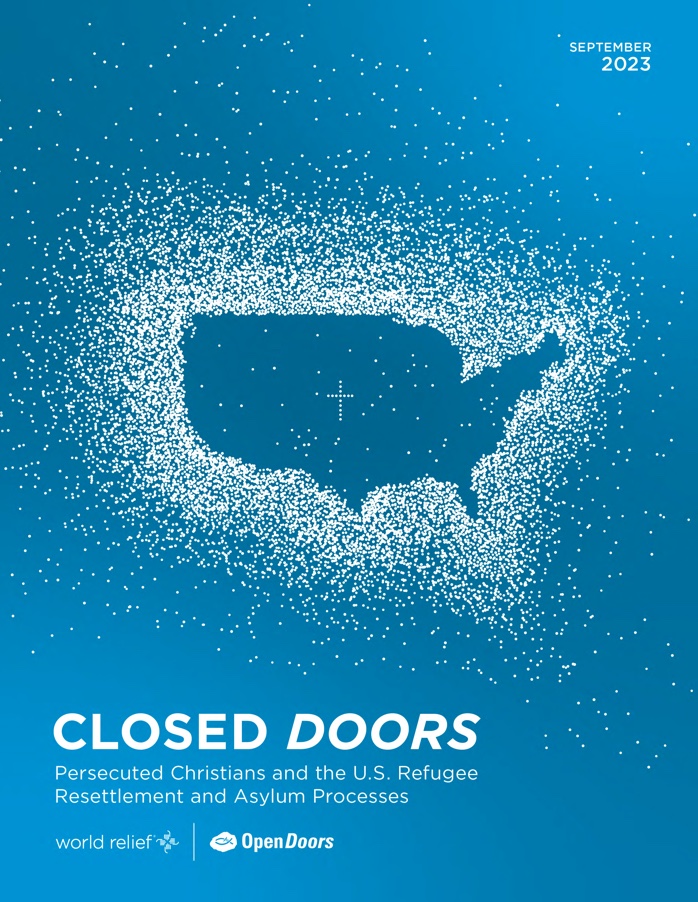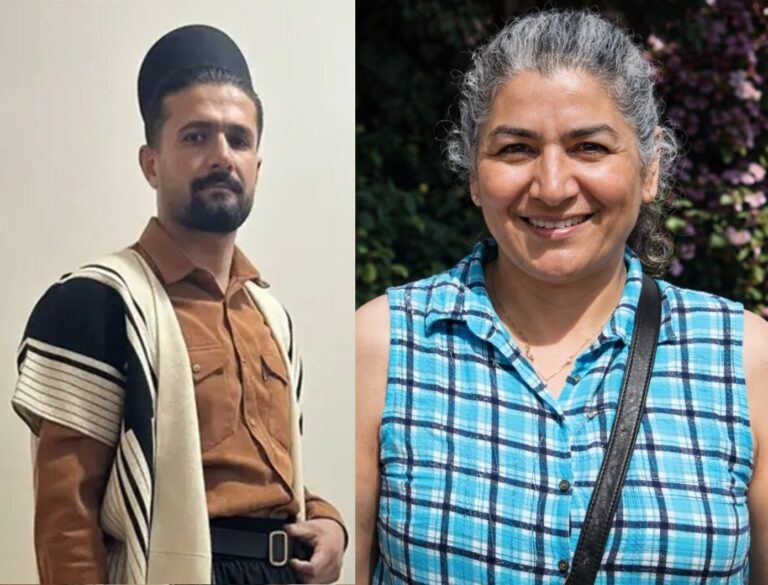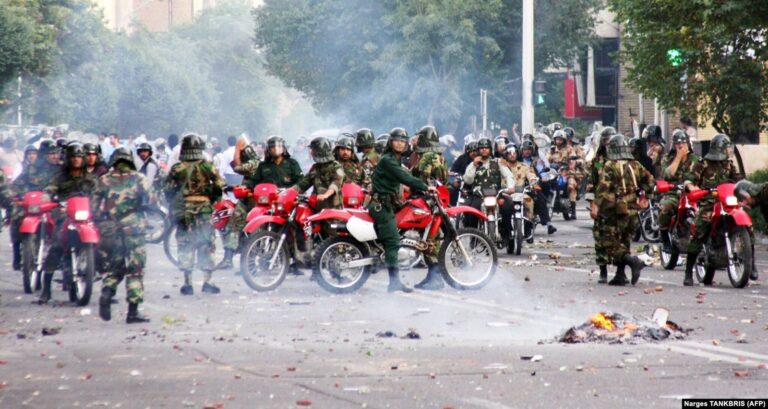Iranian Christians continue to be among the most affected by the significant drop in refugee resettlement to the United States in recent years, according to a new report.
Just 112 Iranian Christians were resettled to the US last year, 95 per cent fewer than 2016, the last year when resettlement figures remained at their historically high level, according to the report, ‘Closed Doors’, which was co-authored by Christian charities World Relief and Open Doors US.
An Iranian woman, referred to as “Mana”, was one of those resettled in 2016, and is featured as the first of four case studies in the report, which is the second edition of a report first published in 2020.
Mana, like many other Iranian Christian refugees, fled first to Turkey, where she and her youngest son lived in “challenging conditions” for two and a half years before being accepted for resettlement.
Meanwhile, her oldest son was still in prison in Iran, and though he has since been released and also fled Iran, and Mana has applied for him to be resettled with her, the report states that “the wait time will likely be at least eight years” as “the odds of being selected for refugee resettlement have grown slim in recent years”.
“Facing the threat of imminent deportation,” the report adds, this son recently “embarked on a dangerous journey to seek asylum in Europe” and at the time of writing had made it as far as Albania, “with hopes of eventually finding freedom in Germany”.
Why the decline in refugee resettlement?
The report explains that between 1980, when the Refugee Act was passed, and 2016, around 80,000 refugees arrived in the US each year, with the maximum intake – or “refugee ceiling” – set at around 95,000.
This “ceiling” was reduced each year between 2017 and 2020, when the US resettled fewer than 10,000 refugees for the first time since the resettlement programme was created.
Then in April 2021, the “ceiling” was set by the newly installed president, Joe Biden, at just 15,000, which “surprised and dismayed many refugee and religious freedom advocates”, according to the report.
And while after this “pushback” the ceiling was increased, by the end of 2021 the initial maximum of 15,000 refugees had still not been reached.
Since 2021, the numbers have been steadily rising, the report notes, with the US on track to resettle around 60,000 refugees this year. However, with the official ceiling now more than double that figure (125,000), the report authors call for overseas processing and domestic resettlement infrastructures to be rebuilt “to ensure that this goal is met”.
“The positive trend in the number of persecuted Christians being resettled seems likely to continue,” the report notes. “Still, the U.S. has yet to return to the number of persecuted Christians being resettled with relative consistency prior to 2017—and further policy changes, such as a reduction in the overall refugee ceiling, could abruptly slam the door shut on persecuted Christians seeking refuge as occurred beginning in 2017.”
What else does the report say?
The authors note that both the number of displaced people and number of Christians experiencing “high levels of persecution and discrimination” have risen since 2020, and while “not every persecuted Christian flees their home … and not every displaced person is persecuted on account of their religion … these numbers certainly are related”.
Meanwhile, America is “no longer the safe haven for displaced persons that it once was”. Last year, the number of Christians resettled to the US from the top 50 countries on Open Doors’ World Watch List – with Iran at number eight on this list of countries where Christians are most persecuted – was “down 70 percent from 2016”.
“Last year, 9,528 Christians were resettled from these 50 countries, down from 32,248 in 2016,” though this was still “a significant rebound from the low point of 5,390 Christian refugees resettled from these countries in 2020”.
And of the four countries mentioned as reference cases, Iran once again ranked the worst, with a 95% fall in resettlement compared to 2016, ahead of Iraq (94%), Myanmar (92%) and Eritrea (85%).
The report, while focusing on Christians, also notes that members of other faith groups – including Baha’is, Zoroastrians and Sabaen Mandaeans – have also been affected.
It further notes that asylum-seekers who have yet to be recognised as refugees are often even more “vulnerable to hardship, exploitation and injustice, as they wait to be recognized by a host country”.
Meanwhile, “asylum cases can be difficult to win, even when the asylum seeker has legitimately fled persecution … because the burden of proof in an asylum case is on the asylum seeker, and often they lack documentary evidence of what they claim to have experienced”.
What recommendations are made?
The authors conclude by asking Christians to pray and advocate for those who are persecuted on account of their faith, and US officials:
- To consistently prioritize the advancement of international religious freedom, and to leverage diplomatic influence to urge all countries to reduce religious persecution and discrimination.
- To restore the U.S. Refugee Resettlement program, both consistently setting the annual refugee ceiling at a high level such as 125,000 and rebuilding the overseas processing and domestic resettlement infrastructure to ensure that this goal is met.
- To ensure that those persecuted for their faith continue to have access to the U.S. Refugee Resettlement program alongside those persecuted for other reasons.
- To reject changes to asylum processing that reduce access to due process and present new barriers to those with credible fears of persecution from accessing protection in the United States.





0 Comments